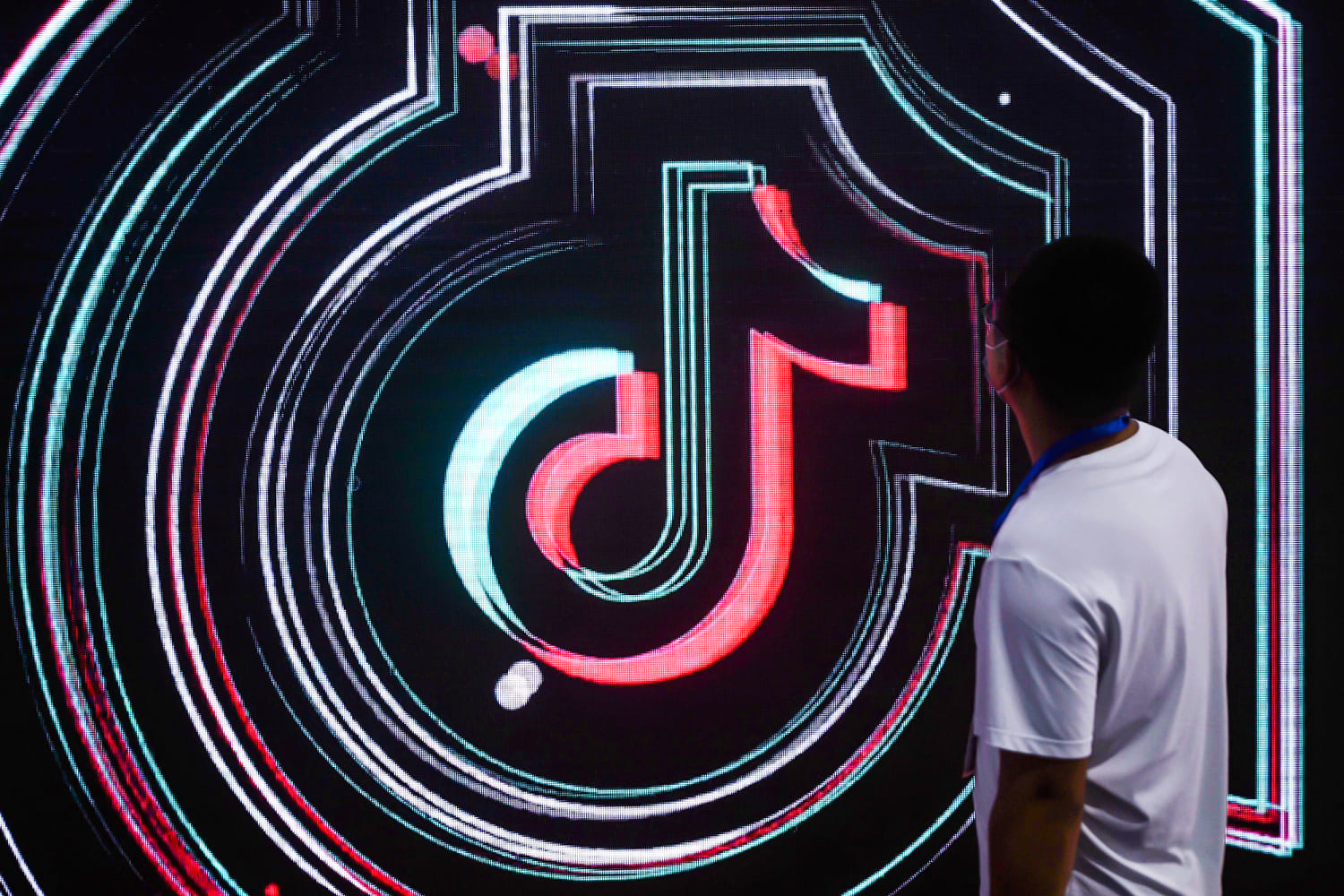
The months-long standoff between Universal Music Group and TikTok over royalty payments and AI policies has finally ended, at least for now, with the announcement that the two entities have reached a deal to bring the label’s music back to the platform.
As part of the agreement, the companies stated that they will “offer improved compensation to UMG’s songwriters and artists, new promotional and engagement opportunities for their recordings and music, and industry-leading protections regarding generative AI.”
UMG’s music will return to the platform soon, and the companies will collaborate on realizing “new monetization opportunities utilizing TikTok’s growing e-commerce capabilities and work together on campaigns supporting UMG artists across all genres and territories across the world”.
“This new chapter in our relationship with TikTok centers on the value of music, the primacy of human artistry and the well-being of the creative community,” said Lucian Grainge, president and CEO of UMG. “We look forward to collaborating with the TikTok team to advance the interests of our artists and songwriters and drive innovation in fan engagement while advancing social music monetization.”
Shou Chew, CEO of TikTok, added: “Music is is an integral part of the TikTok ecosystem and we are pleased to have found a way forward with Universal Music Group. We are committed to working together to drive value, discovery and promotion for all of UMG’s incredible artists and songwriters and deepen their ability to grow, connect and engage with the TikTok community.”
Starting in February, the ban resulted in an almost complete blackout of all music owned, distributed and published by the company on the platform – the videos were still there, but the music was muted – although there was no shortage of artists violating the ban. . , both officially (Taylor Swift, in an apparently UMG-sanctioned promotion surrounding her new album, “The Tortured Poets Department”) and unofficially (many others). While UMG’s reasons for the ban were arguably noble — an attempt to fight for greater compensation and intellectual property protections for its artists and, of course, to protect its own interests — there is no doubt that caused significant disruption to the careers of countless artists.
Over the past five years, TikTok has been the most influential vehicle for music discovery and promotion, and record labels have pressured their artists to become active or “viral” on the platform, leading some to spend their own money in an effort to make it. that. then. But starting in February, UMG artists suddenly found these efforts silenced by their own company. A month later, songs with writers hired by Universal’s publishing division faced a similar fate.
The UMG ban appeared to have little substantive effect on TikTok beyond some negative publicity, but it’s clear the company now has much bigger fish to fry: Legislation, signed into law on April 24 by President Biden, which will ban the app in the US unless Bytedance, its Chinese parent, sells its ownership stake. TikTok says it plans to file a lawsuit challenging the new US law on First Amendment grounds. If that fails, the app could be banned in the US as early as January 2025. It seems likely that combinations of the larger fight on TikTok’s horizon and the shaky support for UMG’s move (not to mention its apparent exception for Swift) have led both companies to cut their losses and give up.
UMG addressed the situation extensively in the letter to artists issued on January 30, informing them of the impending ban. “TikTok makes little effort to address the large amount of content on its platform that infringes on our artists’ music and offers no meaningful solutions to the rising tide of content adjacency issues, let alone the surge of hate speech, intolerance, bullying and harassment on the platform”, it reads in part. “The only means available to seek removal of infringing or problematic content (such as pornographic deepfakes of artists) is through the monumentally complicated and inefficient process that amounts to the digital equivalent of ‘Whack-a-Mole.’ … We will always fight for our artists and songwriters and defend the creative and commercial value of music.”
Either way, the ban was difficult to enforce: unlike streaming services, rights holders – usually record labels – are not the only entities that can upload music to the platform; pretty much anyone can, and because the app is controlled by TikTok, record labels and other rights holders can’t do anything about infringements except issue takedown notices and other legal notices. Additionally, TikTok’s detection software can be evaded by some songs being sped up, slowed down, or otherwise altered, which many users do when including music in their posts. There is also the possibility that some involved turned a blind eye to some infractions.
This story originally appeared on NBCNews.com read the full story
























/cdn.vox-cdn.com/uploads/chorus_asset/file/25510052/VST_0628_Site.jpg?w=300&resize=300,300&ssl=1)






/cdn.vox-cdn.com/uploads/chorus_asset/file/23318439/akrales_220309_4977_0324.jpg?w=300&resize=300,300&ssl=1)



